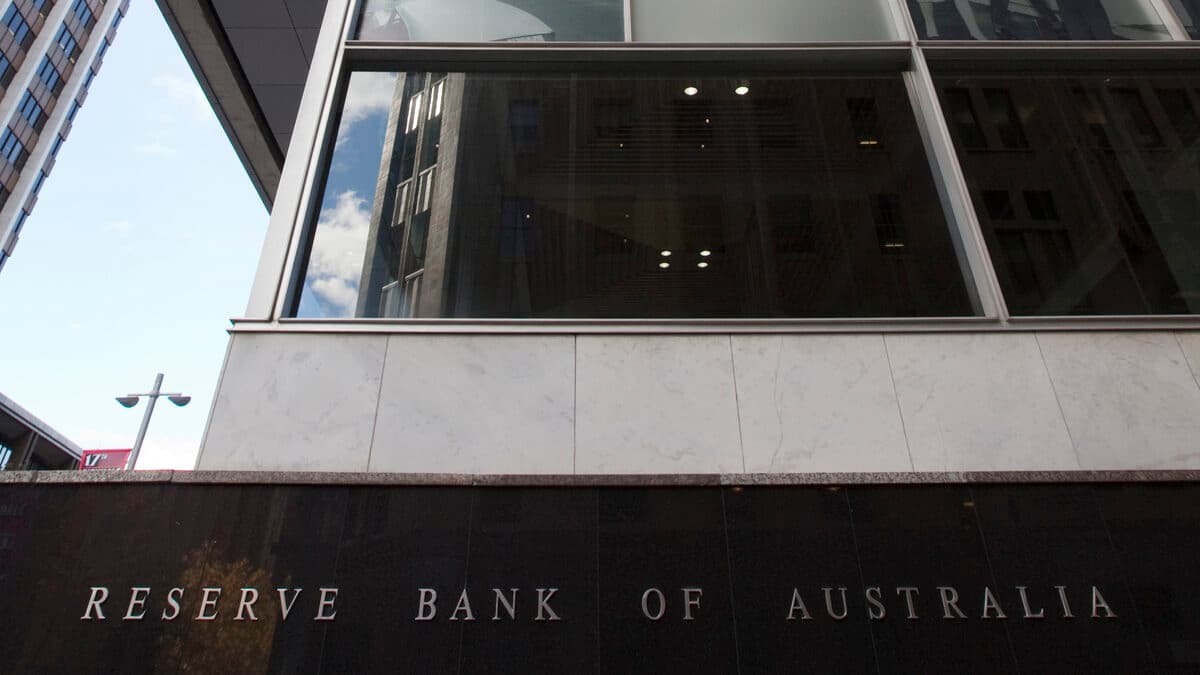The Reserve Bank has raised official interest rates to their highest level in a decade to prevent inflationary pressures from spreading throughout the economy.
According to the Reserve Bank, interest rates have been upped by another 25 basis points to 3.1 per cent, its highest level in ten years from its previous record of 3.25 per cent in November 2012.
According to the statement, inflation is expected to peak at around 8 per cent in the year leading up to the December quarter, with further increases anticipated in the following months. The Board has raised interest rates since May.
Earlier, the bank raised the official cash rate by 0.25 percentage points following its monthly meeting in November, bringing it to 2.85 per cent.
If the banks pass it through, it will raise the monthly payment on a $500,000, 25-year mortgage by nearly $75. Your mortgage payments will undoubtedly increase if your rate is variable. According to Philip Lowe, governor of the RBA, inflation in Australia is too high, at 6.9 per cent for the year to October.
“Inflation in Australia is too high, at 6.9 per cent over the year to October. Global factors explain much of this high inflation, but strong domestic demand relative to the ability of the economy to meet that demand is also playing a role. Returning inflation to target requires a more sustainable balance between demand and supply,” Lowe said.
The headline inflation rate in Australia is predicted to reach 8 per cent by the current quarter and is currently at levels not seen since 1990.
“The Board expects to increase interest rates further over the period ahead, but it is not on a pre-set course. It closely monitors the global economy, household spending and wage and price-setting behaviour,” he added.
Consumer confidence is expected to fall during the holiday season
According to Anneke Thompson, Chief Economist at CreditorWatch, an increase in the cash rate will unquestionably put Australian people under financial strain. “Today’s decision by the RBA to further raise the cash rate will place undeniable financial pressure on Australian households.
“Combined with the Budget’s forecast rising prices on everyday goods, housing and energy, and lacklustre wage growth, this latest increase in the cash rate all but guarantees consumer confidence will weaken as we enter the busy Christmas retail period. Data and forecasts released in the latter half of October all point to difficult economic conditions in 2023,” Thompson said.
“Data from employment marketplace SEEK also points to a slowdown in jobs growth, with job ads declining month on month for four months now, and by 5.2 per cent over September 2022, the largest decline all year.
“And in a sign that increasing migration is starting to help employers fill more roles, there was a 10.3 per cent increase in applications for job ads month on month, the greatest rise since April 2020.
“The RBA has a dual role in maintaining inflation within the target band of 2 and 3 per cent and maintaining full employment. Those two aims are incompatible in the current environment, as it will be almost impossible to bring inflation back to the target band if employment remains ‘full’. As a result, the RBA will be relieved to see the labour market slowing, as it is essential to help them get inflation back under control.”
The RBA statement reads: “Household spending is expected to slow over the period ahead, although the timing and extent of this slowdown is uncertain. Another source of uncertainty is the outlook for the global economy, which has deteriorated.”
Refinancing at record levels
According to data provided today by the Australian Bureau of Statistics, the value of owner-occupier refinancing between lenders decreased by 1.3 per cent while the value of total new loan commitments for housing fell 2.7 per cent in October 2022 (seasonally adjusted) (ABS).
Katherine Keenan, ABS Finance and Wealth Spokesperson, said: “Despite the October fall, monthly owner-occupier refinancing between lenders has remained above $12 billion since June 2022, well above pre-pandemic values. Investor refinancing activity has also remained high.
“The RBA cash rate increased 225 basis points between June and October 2022, which coincided with a greater number of borrowers seeking loans with lower interest rates from competing lenders.”
SMEs feeling the pinch
Anneke Thompson noted that RBA will take slower steps in tightening monetary policy to avoid sending Australia into recession.
“It is likely, given all signs are pointing to a weakening economy, that the RBA will take slower steps in tightening monetary policy as they try to avoid sending Australia into recession.
According to CreditorWatch’s November end-of-month economic assessment, there is continuing evidence that interest rate hikes are having an impact on the Australian economy.
The first signal came in the shape of retail trade data, which indicated a 0.2 per cent month-on-month fall in retail trade. Retail trade is still 12.5 per cent higher than it was in October 2021, when COVID restrictions were still in effect.
“Despite continuing very strong Business Sentiment, CreditorWatch data reveals businesses are starting to feel more financial pressure, with B2B Trade Defaults and Court Actions rising on a trend basis.”
Full RBA statement here.
ABS Data here.
Keep up to date with our stories on LinkedIn, Twitter, Facebook and Instagram.

